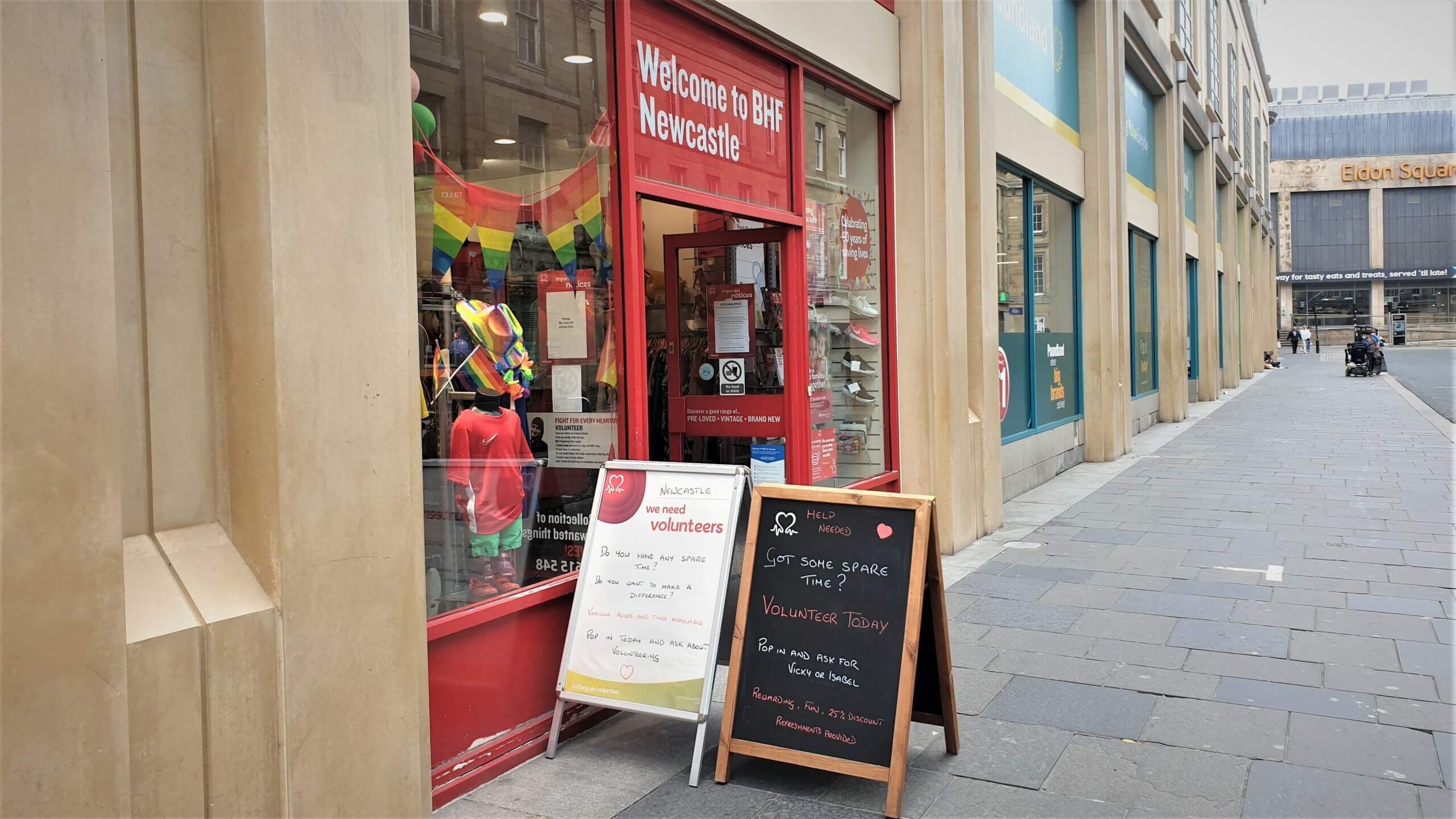Not many British citizens can say that they have been jailed in a foreign country, but for a few, this is an unfortunate reality of their lives.
According to the Office of National statistics, some of the countries that have the highest number of British nationals imprisoned are USA, Spain, Ireland and Australia. Check out our info graphic at this web address to find out more.
The current number of British nationals imprisoned in the United Arab Emirates is 82.
Matthew Hedges, 31, a university student form Durham, is one of the few to have been arrested in the UAE accused of spying. He was recently released on November 26, 2018, this despite the UAE maintaining their view that Mr Hedges is a spy for MI6.
His wife, Daniela Tejada, had been fighting hard in order to get him released and had pleaded for clemency throughout the trial.
Vice-Chancellor of Durham University, Professor Stuart Corbridge stated: “We are absolutely delighted to learn the news of Matthew’s impending release.
“It is paramount that he is now allowed to return home to Daniela and his family as quickly and safely as possible. We will continue to offer Matt’s family our full support in the aftermath of this traumatic ordeal and we will be thrilled to welcome him back to the Durham University community.”
This, however, is not the case as around the world as many citizens are still imprisoned abroad for many years without the happy ending afforded to Matthew Hedges.
A spokesperson from Amnesty International said: “This is a huge relief and goes some way to righting a wrong after Matthew’s grossly unfair trial.
“Now Matthew needs to be speedily released and allowed to return to the UK. Matthew should never have been jailed after such an unfair process, and he should never have been held in the miserable conditions of solitary confinement. A pardon doesn’t make up for this injustice.”
Some face imprisonment without trial, torture, unfair justice system and the threat of even death. MP Preet Kaur Grill recently stated in a debate in the House of Commons, stating that up to 6000 British Nationals are being arrested abroad, with more than 100 contacting the Foreign and Commonwealth Office claiming to have been tortured or suffered similar whilst abroad around the world.
Many prisoners abroad often face the threat of torture and related international crimes when imprisoned abroad in some countries. Legal help is available from charities such as REDRESS who help survivors of such trauma. Redress is an international charity that represents victims of torture to obtain justice and reparations.
REDRESS has stated that: “Our cases respond to torture as an individual crime in domestic and international law, as a civil wrong with individual responsibility, and as a human rights violation with state responsibility.
They believe that the UK government should change its stance on helping Nationals abroad as the current approach is a systematic policy of discretion rather than an overt case. They currently believe that the UK government should make their decision-making process in regards to this far more transparent and make the government far more accountable for helping citizens abroad.
REDRESS has been concerned in the past that the Ministry of Justice’s Revised Consultation Paper did not adequately revise the impact that proposed changes to legal aid would have on torture survivors that return to the UK after their ordeal.
The Foreign and Commonwealth Office often provide general assistance such as contacting family members and putting those involved in contact with charities such as Prisoners Abroad, who specialise in helping those arrested overseas. A spokesperson said:
“Our Support for British Nationals Guide sets out the types of support we can provide for people in different circumstances, including if they’re detained.”
The guide, which can be found here, makes it clear that, while they will do everything in their power to assist if possible, everything is discretional and there is in fact no legal right to consular assistance.
Typically, they will also help them make contact with the closest relative and if necessary, help arrange a medical check-up and organise return arrangements to the UK.



